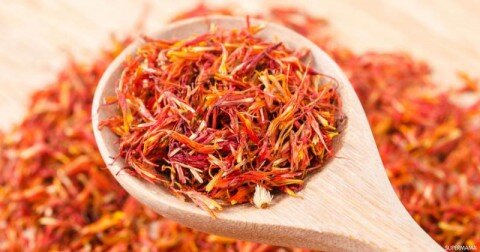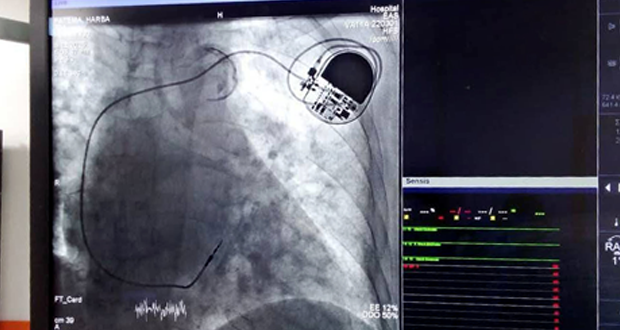الزعفران والكركم: أسرار الشرق لبشرة متألقة وصحية
307 مشاهدة

الأمراض
الانتفاخ
البشرة
التئام الجروح
الترطيب
التصبغات
الثقافة
الجمال
الحضارات
الذهب
الزعفران
السنة
الشباب
الشمس
الطب
الطبيعة
الطقوس
العالم
العناية بالبشرة
الكركم
الكنوز
الكولاجين
المطبخ
الملكية
الوعي
اليوم
تراث
ترطيب
ترطيب البشرة
تفتيح البشرة
تهدئة
جمال وموضة
حب
دخل
روتين العناية
روتين العناية بالبشرة
علاج
قوة
مادة
ماسكات طبيعية
مشاكل
مضادات الأكسدة
مكافحة الشيخوخة
منتجات
منح
مواجهة











